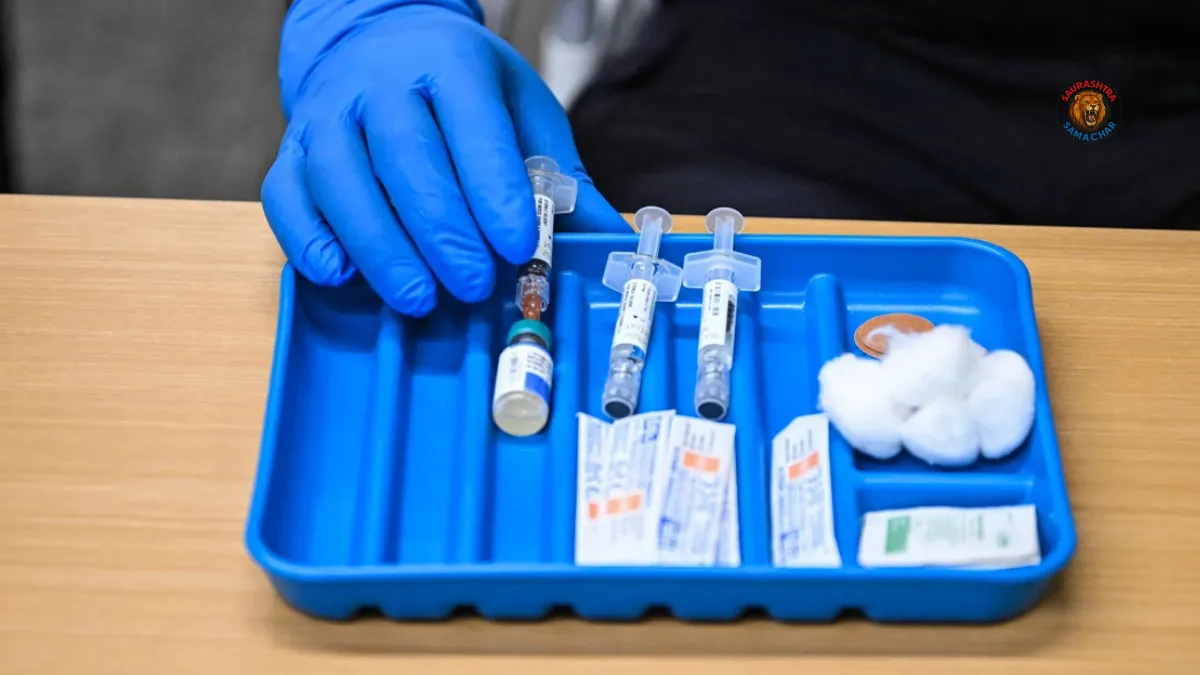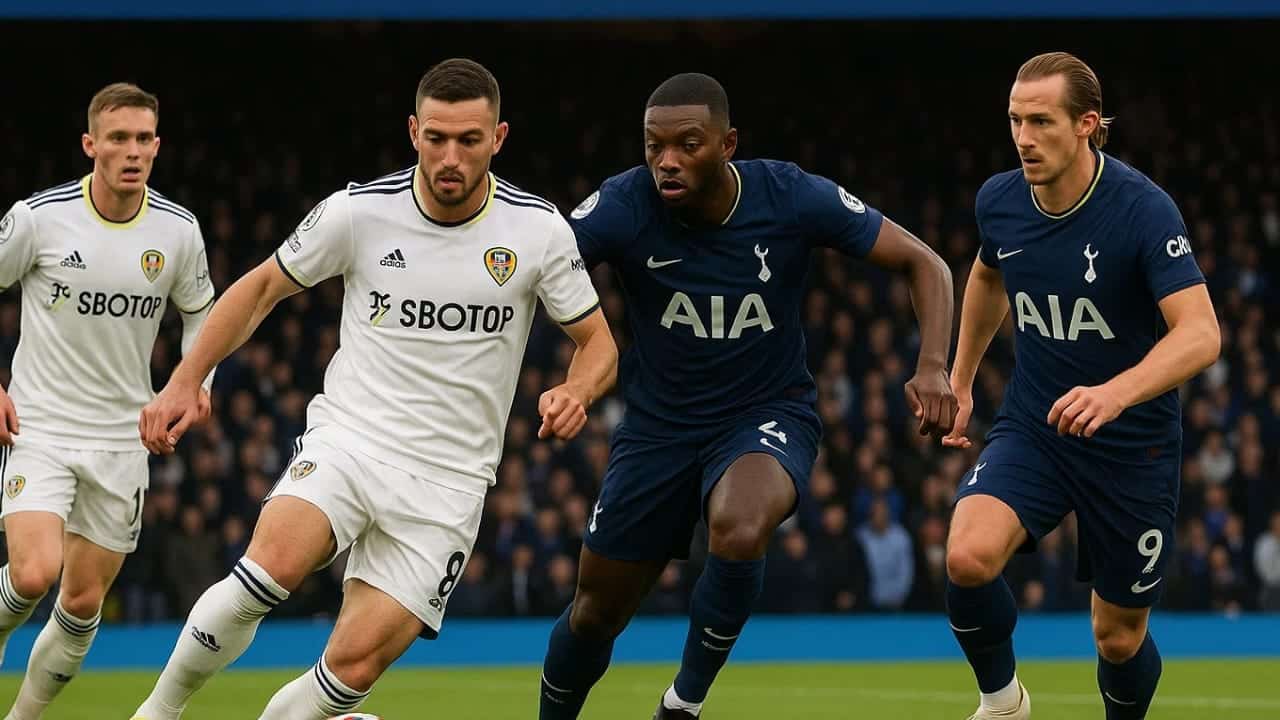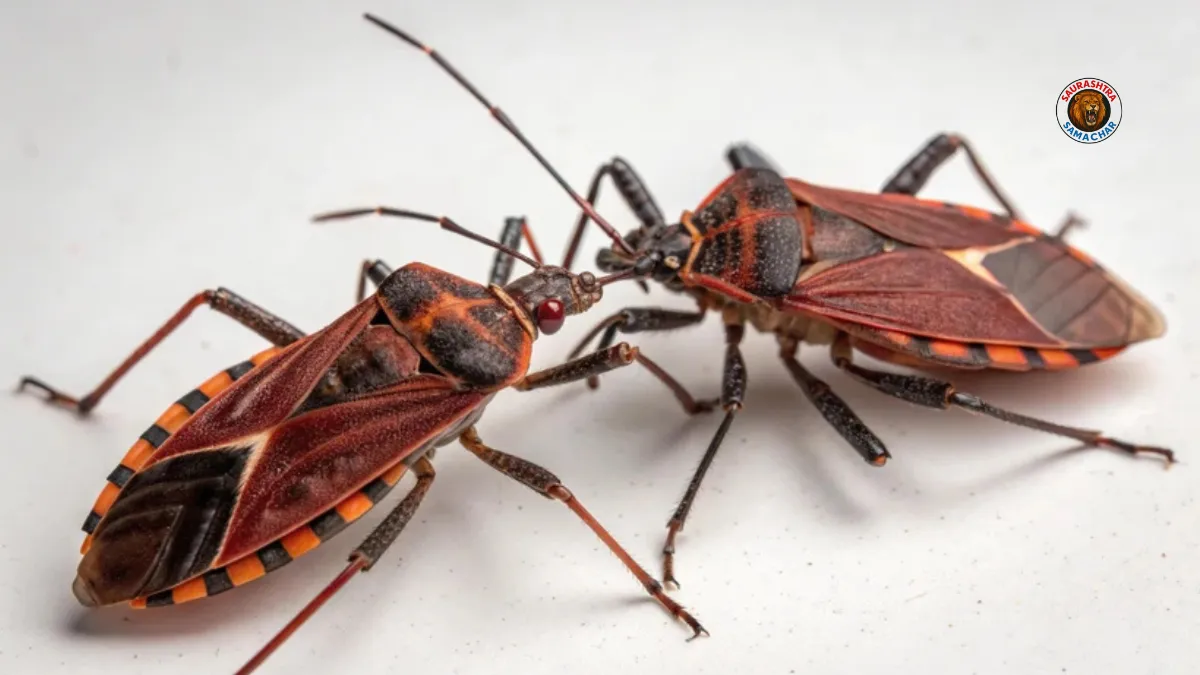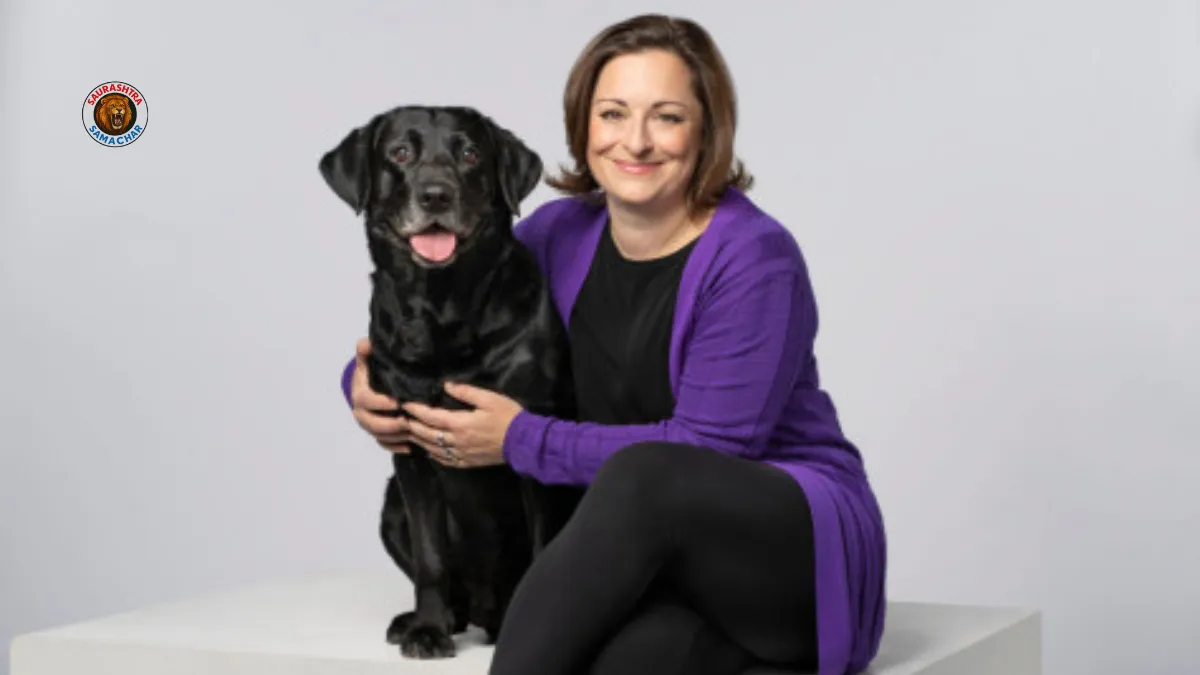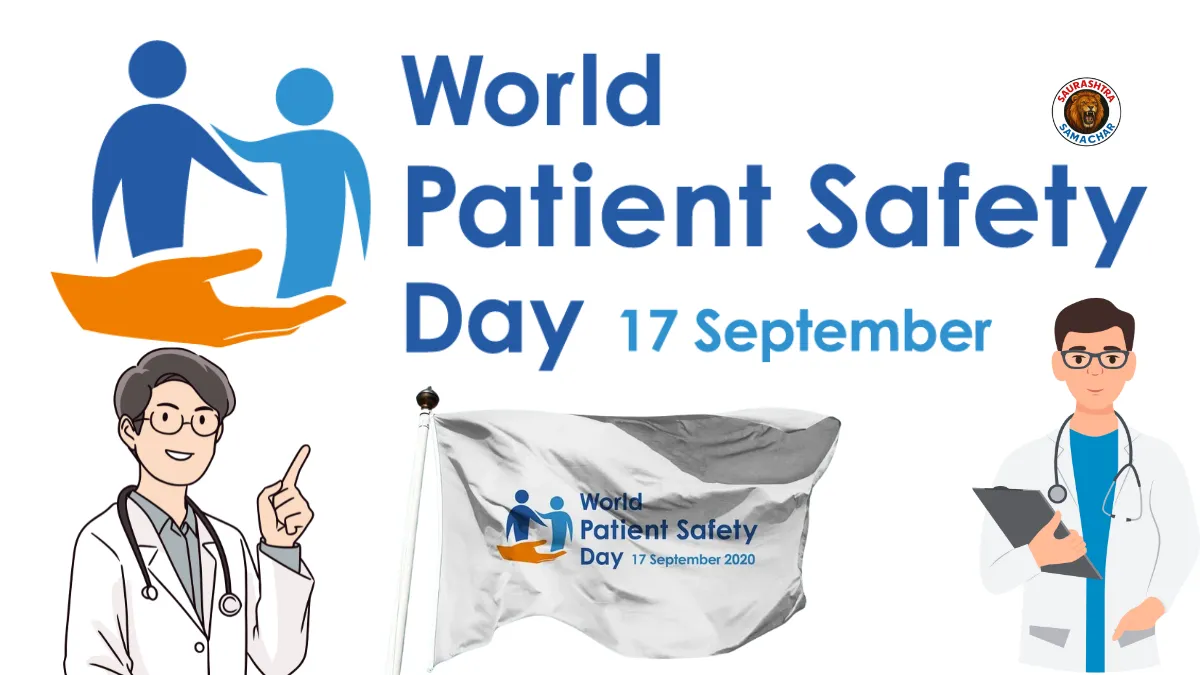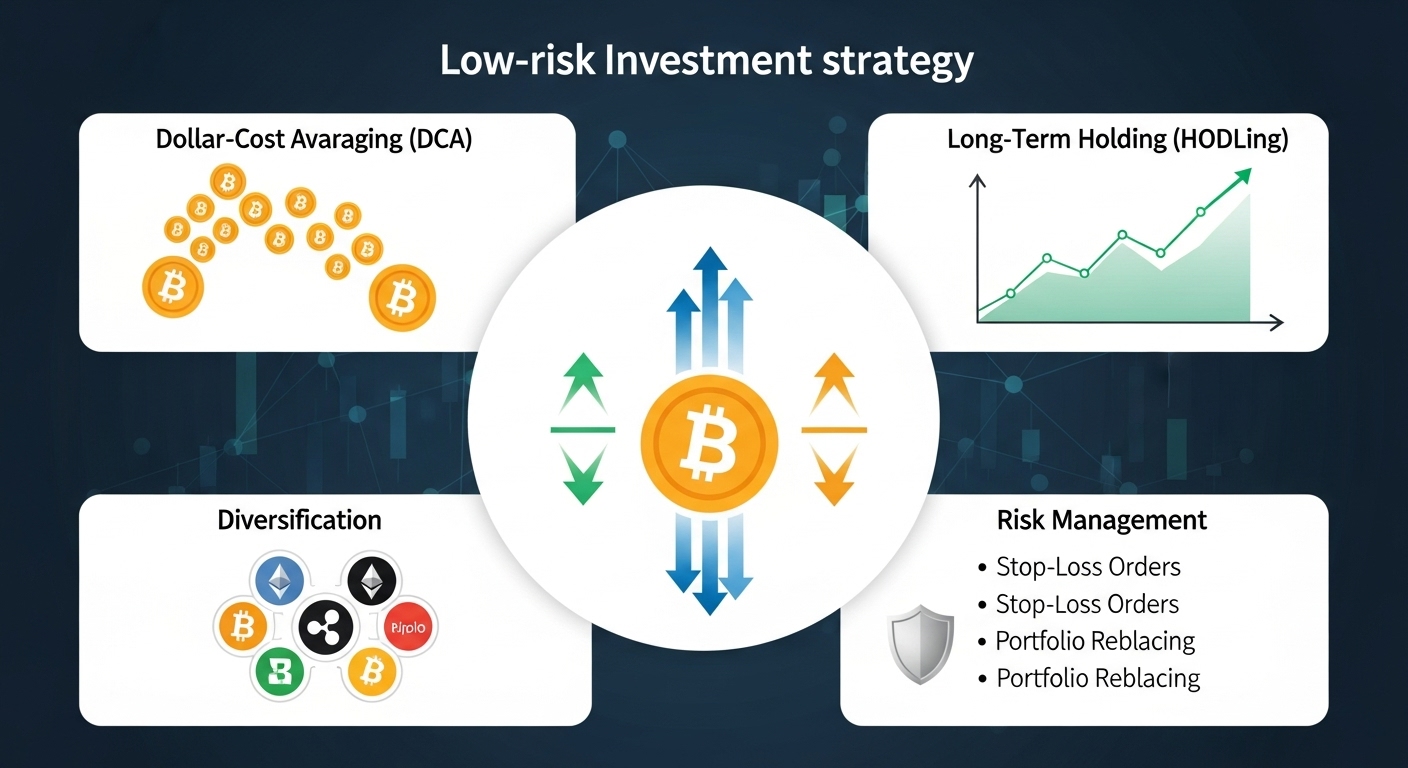mmrv vaccine cdc: A key advisory committee to the U.S. Centers for Disease Control and Prevention (CDC) has recommended changes to how the MMRV vaccine is used in children. The vaccine, which protects against measles, mumps, rubella, and varicella (chickenpox), has long been a convenient combination option for parents. However, after a new review, the CDC’s Advisory Committee on Immunization Practices (ACIP) voted on Thursday to limit its use in children younger than 4 years old.
The reason behind this recommendation is a slight increase in the risk of febrile seizures in toddlers who receive the MMRV vaccine as their first dose. Febrile seizures are short episodes of convulsions caused by fever. While they can be frightening for parents, medical experts emphasize that they are generally harmless and rarely cause long-term health problems.
What the CDC Advisory Panel Decided
The ACIP vote ended with 8 members in favor, 3 against, and 1 abstention due to a conflict of interest. According to the new guidance, doctors should avoid recommending the MMRV vaccine for children under 4 and instead administer the measles, mumps, rubella (MMR) vaccine separately along with a stand-alone chickenpox shot.
For many years, pediatricians have already followed this approach for younger children, particularly because studies have consistently shown the slight seizure risk with MMRV in toddlers. Data presented at Thursday’s meeting highlighted that around 85% of U.S. parents already choose the separate vaccines for their children’s first doses.
The MMRV vaccine, however, remains an option for the second dose, usually given to children aged 4 to 6. Studies show that the seizure risk is not elevated in this older age group.
Why the MMRV Vaccine Was Developed
The MMRV combination shot was created to reduce the number of injections young children receive during routine immunizations. By combining four vaccines into one, the idea was to simplify the vaccination schedule and improve compliance among parents.
But with concerns about febrile seizures in younger children, most families have stuck to the traditional approach of giving two separate shots at the first dose. Experts note that this practice has worked well for nearly two decades, and Thursday’s vote further reinforces it.
What Does This Mean for Parents?
The committee’s decision does not change the core vaccination schedule. Children should still receive:
- First dose of MMR and varicella: at 12 to 15 months
- Second dose of MMR and varicella: at 4 to 6 years
Parents who prefer the combination vaccine for the second dose can still choose it, since there is no additional seizure risk in older kids.
CDC Director’s Final Approval Pending
It’s important to note that the ACIP’s vote is only a recommendation for now. The final decision rests with Acting CDC Director Jim O’Neill, who was appointed by Health Secretary Robert F. Kennedy Jr. in August. The Department of Health and Human Services (HHS) said in a statement that it will review insurance coverage implications before the new guidance is officially adopted.
Controversy Around the Vote
This week’s meeting has sparked debate among public health experts. Many pointed out that the panel discussing the MMRV vaccine included newly appointed members chosen by Health Secretary Kennedy, a longtime critic of vaccines. Kennedy had earlier dismissed several ACIP members, citing conflicts of interest, and replaced them with new appointees—five of whom attended their first meeting this week.
Some experts worry that this reshaping of the committee could affect public trust in long-established vaccine policies. Dr. Jake Scott, an infectious disease professor at Stanford University, commented that the discussion felt less about science and more about politics.
“This feels like using a known, managed risk to undermine confidence in the entire vaccine schedule,” Scott said.
Despite these concerns, the CDC’s own data presentation reaffirmed what doctors have known for years: the seizure risk from MMRV is very small, limited to younger children, and does not affect older kids.
What Are Febrile Seizures?
Febrile seizures are convulsions brought on by fever in infants or toddlers. They typically:
- Last a few minutes
- Occur between ages 6 months and 5 years
- Are not linked to epilepsy or long-term brain damage
Doctors stress that while they can be alarming to watch, febrile seizures are usually harmless. The slight risk linked to the MMRV vaccine has been known for years, and health experts continue to emphasize that the benefits of vaccination far outweigh the risks.
Also read: Lyssa McGowan Out: What’s Next for Pets at Home?
What’s Next for the CDC Panel?
Alongside the MMRV vote, the ACIP announced it will review other vaccination policies in the coming days, including:
- Hepatitis B vaccine timing – A proposal to delay the first dose until a baby is at least one month old (instead of within 24 hours of birth).
- Updated COVID-19 vaccines – Expected to be rolled out this fall.
These upcoming decisions are likely to attract equal public attention, given the ongoing debate about vaccine safety and policy.
Also read: Kissing Bug Disease Becomes a Growing Threat in the United States: Experts Raise Alarm
Conclusion
The latest recommendation from the CDC advisory panel on the MMRV vaccine highlights an important but long-understood risk of febrile seizures in children under 4. While the combination shot remains safe and effective overall, separating the doses for the first round is considered the safer approach.
Parents should remember that vaccination is still essential to protect children against serious diseases like measles, mumps, rubella, and chickenpox. The committee’s advice simply fine-tunes how those vaccines should be given, ensuring maximum safety while maintaining strong immunity.
The CDC will soon decide whether to make the panel’s recommendation official. Until then, experts continue to encourage families to keep their children’s vaccinations up to date, whether through separate doses or combination vaccines at the appropriate age.
